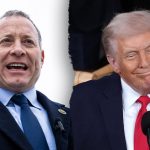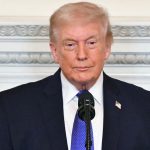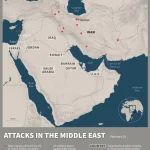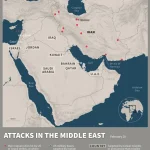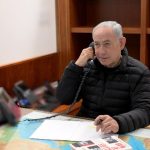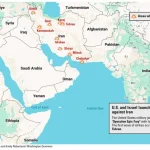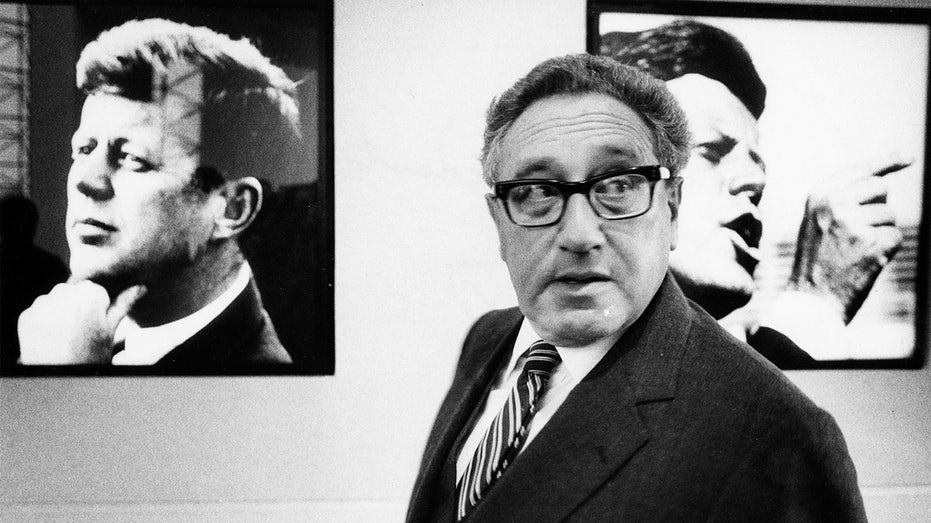The late Henry Kissinger, an esteemed German-born diplomat and statesman known for his role in shaping U.S. foreign policy during the Cold War era, is described by former colleagues and friends as “a really brilliant negotiator.”
Kissinger died at the age of 100 on Wednesday. His legacy included vilification as well as a Nobel Peace Prize.
“And every negotiation, he understood that everybody has to learn something. You can’t have one side just completely eviscerate the other side,” KT McFarland, former President Trump’s deputy national security adviser, told Fox News Digital in an interview Thursday.
McFarland worked under Kissinger – her first boss – in the Nixon administration. He later became a mentor figure to her, she said.
FORMER SECRETARY OF STATE HENRY KISSINGER DEAD AT 100
“When Trump was elected, Henry returned the favor and suggested to President-elect Trump to hire me as his deputy national security adviser,” McFarland said. “So, my time with Henry goes from the full circle, from the White House Situation Room to the White House Situation Room in 45 years.”
As for the controversy surrounding his legacy, such as “secretly” opening the door to China relations, Mcfarland said, “Put him into the context of the times.”
Robert Charles, who served as assistant secretary of state at the U.S. State Department’s Bureau of International Narcotics and Law Enforcement Affairs from 2003 to 2005, called Kissinger “a titanic figure in every sense of that word.”
“He was one of the largest political and diplomatic figures of the second half of the 20th century,” Charles told Fox News Digital. “He could manipulate and properly understand the motivations and help to create peaceful environments, using the pieces that were on the board.”
But Kissinger’s controversial policy with China was a significant shift in U.S. foreign relations. He initiated secret negotiations with China while serving as national security adviser under Nixon, culminating in Nixon’s historic visit to China in 1972. This laid the groundwork for the normalization of relations between the United States and the People’s Republic of China, effectively breaking the isolation that had existed between the two nations since 1949.
The decision to recognize the People’s Republic of China as a legitimate government of China was a departure from the United States’ previous support for Taiwan. This move was criticized for abandoning a longtime ally in favor of establishing relations with a communist regime.
“The thinking at the time was if you could open China economically to free markets or began to integrate them into the global market, that economic freedom would lead to political freedom,” Charles said. “He was in many ways wrong about that, as was Nixon.”
Charles described Kissinger as “a great tactician.” He recalled seeing Kissinger “saunter down the hall with his thumbs in his belt loops” while working occasionally in the George H.W. Bush White House.
Kissinger had “an incredibly deep reservoir of knowledge,” Mike Pompeo, who served as secretary of state from 2018 to 2021 and director of the CIA from 2017 to 2018, told Fox News Digital. The two conversed on occasion, and every time, Pompeo said, he would walk away having learned something new.
“He was just enormously helpful to me during my four years in service, and I think there are many other American leaders of both political parties who turned to him for important data, history, wisdom and guidance,” he said.
But “he did not view [China] as the malevolent actor that I do,” Pompeo said. “And it’s just a difference in judgment, so I don’t critique what he did in 1972. I think it made sense then, that set of policies and effort to get China to become more like us through engagement might even have made sense in 1982.”
He added, “But by 2022, it’s no longer a viable foreign policy process, at least in my view.”
Foreign policy strategist, former public official and author of the bestselling book, “The Hundred-Year Marathon: China’s Secret Strategy to Replace America as the Global Superpower,” Michael Pillsbury, told Fox News Digital that he worked under Kissinger during the Reagan campaign.
“And I was one of the few people who knew about the China opening, having worked for Kissinger. And in those days, all of the negative, all of the scary things about China was suppressed by Kissinger,” said Pillsbury, who later served as assistant undersecretary of defense for policy planning during the Reagan administration.
“The American policy toward China was based on a series of assumptions [that] turned out to be tragically inaccurate,” he said.
CHINA LEANS ON KISSINGER GOODWILL, BUT INFLUENCE ‘DILUTED,’ EXPERT SAYS
Kissinger, born in Germany in 1923, became a towering figure in American politics and diplomacy and was praised by supporters as a brilliant strategist and condemned by critics as a master political manipulator.
He fled Nazi persecution with his family and settled in the United States in 1938. Educated at Harvard University, he went on to become an academic and a significant authority on international relations.
He served as national security adviser and secretary of state under Presidents Richard Nixon and Gerald Ford, playing a pivotal role in shaping U.S. foreign policy during the Cold War era. His policy of détente aimed to ease tensions between the United States and the Soviet Union and engage China, altering the dynamics of international relations. He conducted the first “shuttle diplomacy” in the quest for Middle East peace.
Kissinger played a crucial role in the Vietnam War, actively engaging in negotiations with North Vietnam and overseeing the Paris Peace Accords that facilitated the withdrawal of U.S. troops from Vietnam. His strategies and choices during this period sparked controversy, drawing criticism for prolonged conflict and civilian casualties.
In 1973, Kissinger was awarded the Nobel Peace Prize alongside North Vietnam’s Le Duc Tho for their efforts in negotiating the Vietnam ceasefire. However, Tho declined the prize, citing the absence of real peace.

